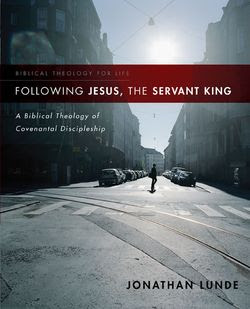"Jesus of Nazareth" by Gerhard Lohfink
Gerhard Lohfink, Jesus of Nazareth: What He Wanted, Who He Was. Liturgical Press, 2012. "There are innumerable books about Jesus. The reason is obvious: We can never finish with him, and every age must encounter him anew." (xi) Indeed. Here, then, is another such book. Lohfink seeks to give a comprehensive overview of Jesus, examining his actions, message, and life in a combination of historical critical research and theological thinking. Lohfink does many things well. A friend, the one who requested that I review this book, commented of this book that it made Jesus more real to him than any other book he has read about Jesus. I can see that. Lohfink does an excellent job of bringing what we know about 1st century Palestine to bear on Jesus' life and teachings. Not only that, Lohfink is unquestionably a talented writer (and, I presume, Linda Maloney must also be a talented translator). I often found myself admiring Lohfink's details surrounding Jesus p...

